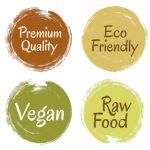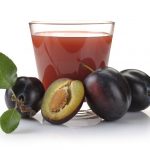Enzymes Applications for the Dairy Industry
Milk contains a number of indigenous enzymes that play an important role in processing and quality of milk for direct consumption and cheese. Here we discuss only the use of exogenous enzymes, with particular emphasis to innovative applications.
Use in cheese making
- Protease as milk coagulants
- Proteases for acceleration of ripening and flavor development
- Lipases for enhancing cheese flavor and acceleration of cheese ripening
- Lactases to hydrolyze lactose in milk and cheese
Applications for Shelf-life Extension
The use of antimicrobial enzymes is a natural means to control microbial contamination, improving safety and shelf life of dairy products.
- Lysozyme that is effective against Gram-positive bacteria
- Lactoperoxidase (LP), is one of the most heat-stable enzymes in milk, and its inactivation is commonly used as an index of the intensity of pasteurization. This enzymatic system has been approved by WHO as a method for preservation of raw milk in warm, tropical climates where cooling facilities are not available.
- Lactoferrin (LF) is an iron-binding glycoprotein and is a promising natural antimicrobial that has been recently approved by EU as a novel food ingredient.
Applications for functional and environmental purposes
- Use of Transglutaminase for its ability in strengthening the structure of protein gel.
- Controlled enzymatic hydrolysis of milk proteins can improve some functional properties of dairy ingredients.
- Hydrolysis of phospholipids
- Lactase for the production of Oligosaccharides for prebiotic foods

